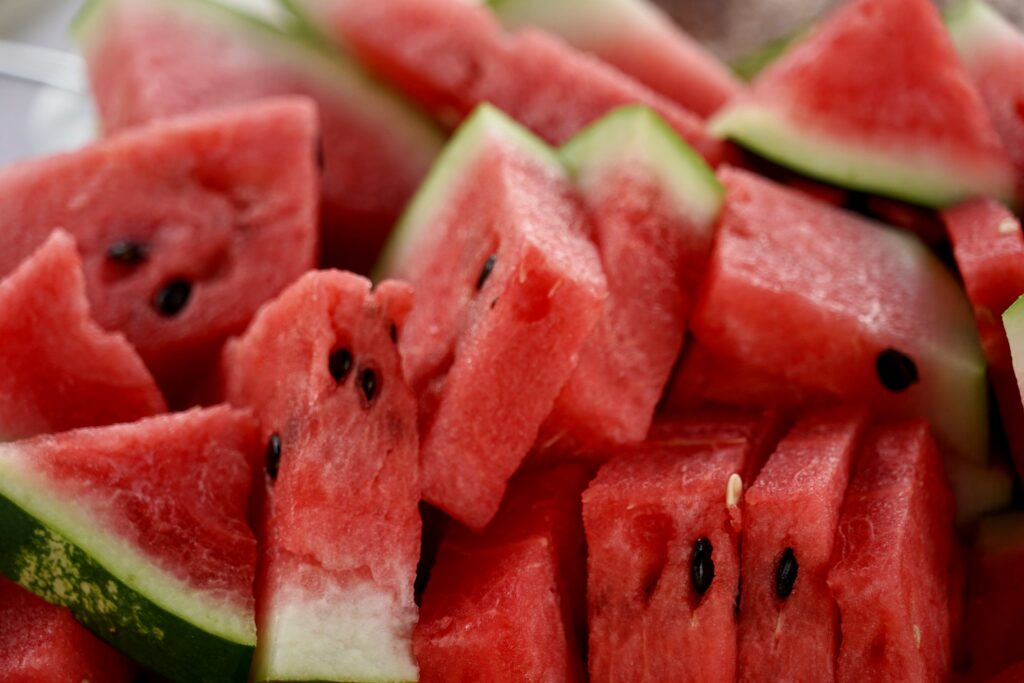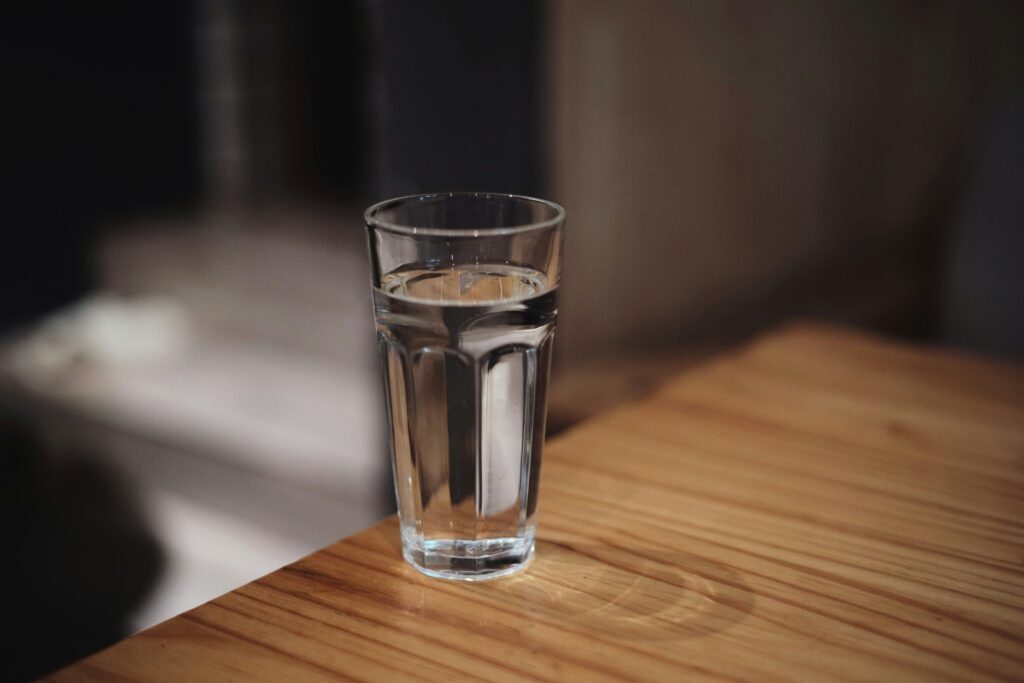Maintaining adequate hydration is fundamental to your overall wellness. Imagine a scenario where your health isn’t solely influenced by what you eat or how often you exercise, but also by your dedication to sustaining optimal hydration levels. Remarkably, this isn’t a distant possibility. The relationship between hydration and well-being is complex yet crucial for vitality. Ensuring sufficient water intake isn’t merely a task; it’s a vital component of self-nurturing, capable of profoundly impacting your daily well-being and functionality. Embracing hydration as a priority is not just about drinking water; it’s about nurturing yourself and fostering a vibrant and balanced life.
What is Hydration?
Hydration refers to the process of providing adequate fluids to the body to maintain optimal physiological functions. It involves consuming water and other fluids to replenish the body’s lost fluids through various activities like sweating, urination, and breathing. Proper hydration is vital for regulating body temperature, aiding digestion, transporting nutrients, lubricating joints, and supporting overall organ function. Insufficient hydration can lead to dehydration, resulting in symptoms ranging from mild discomfort to severe health complications.
Why is Hydration Vital?
- Hydration Impacts Overall Bodily Functions
- It Regulates Body Temperature.
- Water Aids in Nutrient Transportation.
- Proper Hydration Supports Cognitive Function.
- Hydration Maintains Skin Health.
1. Hydration Impacts Overall Bodily Functions
Sufficient hydration is vital for optimal bodily function, facilitating key processes like digestion, circulation, and waste elimination. Hydration serves as a digestive lubricant, aiding in food breakdown and nutrient absorption. Proper hydration supports blood volume and circulation, ensuring vital nutrients and oxygen reach cells throughout the body. Moreover, water is essential for detoxification, aiding in the elimination of toxins and waste, thereby promoting the health of organs like the kidneys and liver. While the human body is primarily composed of water, averaging around 60%, this proportion can vary slightly depending on factors such as age, gender, and hydration status, ranging from 45% to 75%. Recommended daily water intake varies, typically falling between 2 to 3.7 liters (equivalent to approximately 8 to 13 cups) for adults, with specific requirements influenced by factors like age, gender, and activity level.
2. It Regulates Body Temperature
Water’s ability to regulate body temperature is essential for maintaining homeostasis and preventing overheating or hypothermia. When the body temperature rises during physical activity or exposure to hot environments, sweat glands produce sweat, which evaporates and cools the skin. Without sufficient hydration, the body’s ability to sweat effectively is compromised, increasing the risk of heat-related illnesses. Conversely, in colder environments, proper hydration helps prevent dehydration, which can impair circulation and lead to reduced heat retention.
3. Water Aids in Nutrient Transportation
Molecules throughout the body. Within the bloodstream, water serves as a medium for carrying nutrients to cells and tissues, ensuring that they receive the energy and building blocks necessary for growth, repair, and maintenance. Additionally, water facilitates the removal of metabolic waste products, such as carbon dioxide and urea, through the kidneys and urinary system. Without adequate hydration, nutrient absorption and waste removal may be compromised, leading to nutrient deficiencies and toxic buildup.
4. Proper Hydration Supports Cognitive Function
The brain is highly dependent on adequate hydration to maintain optimal function. Water comprises approximately 80% of brain tissue and plays a crucial role in various cognitive processes, including concentration, memory, and mood regulation. Dehydration can impair cognitive performance by reducing blood flow and oxygen delivery to the brain, as well as disrupting neurotransmitter function. Studies have shown that even mild dehydration can lead to cognitive deficits, such as decreased alertness, slower reaction times, and impaired short-term memory. Therefore, staying hydrated is essential for maintaining mental clarity, focus, and overall cognitive performance.
5. Hydration Maintains Skin Health

Water is essential for maintaining the health and appearance of the skin, which serves as the body’s first line of defense against environmental stressors and pathogens. Adequate hydration helps keep the skin hydrated, plump, and supple, reducing the risk of dryness, irritation, and inflammation. Additionally, water supports the production of hyaluronic acid and collagen, two proteins that contribute to skin elasticity and firmness. Dehydration can compromise the skin’s barrier function, leading to increased sensitivity, redness, and accelerated aging. By drinking enough water and using hydrating skincare products, individuals can support their skin’s natural moisture balance and promote a healthy, youthful complexion.
How to Achieve Optimal Hydration?
- Drink Plenty of Water Throughout the Day
- Incorporate Hydrating Foods into Your Diet
- Monitor Urine Color
- Stay Hydrated During Physical Activity
- Limit Caffeine and Alcohol Consumption
1. Drink Plenty of Water Throughout the Day
Hydration begins with a simple yet powerful habit: drinking water regularly. Aim to consume water consistently throughout the day, rather than relying solely on large intakes at specific times. Keep a reusable water bottle within reach to encourage frequent sips and set reminders if needed. Building hydration into your daily routine ensures that your body receives a steady supply of fluid to support its functions.
2. Incorporate Hydrating Foods into Your Diet

Hydration isn’t just about what you drink; it’s also about what you eat. Including hydrating foods in your diet can complement your water intake and contribute to overall hydration. Fresh fruits and vegetables like cucumbers, watermelon, strawberries, and oranges are excellent choices due to their high water content. Integrate these hydrating foods into your meals and snacks to boost your fluid intake while enjoying their nutritional benefits.
3. Monitor Urine Color
Your body provides subtle cues about its hydration status, and urine color is one of the most telling indicators. Aim for pale yellow urine, which indicates adequate hydration. If your urine appears darker than usual, it may be a sign of dehydration, prompting you to increase your fluid intake. Monitoring urine color regularly can help you stay mindful of your hydration levels and adjust your habits accordingly to maintain optimal hydration.
4. Stay Hydrated During Physical Activity
Physical exertion increases fluid loss through sweat, making it essential to prioritize hydration during exercise. Before starting your workout, ensure you’re adequately hydrated by drinking water or a sports drink containing electrolytes. During exercise, drink fluids regularly to replace lost sweat and prevent dehydration. Afterward, replenish fluids to support recovery and restore hydration levels. Tailoring your hydration strategy to your activity level helps optimize performance and prevent fatigue or heat-related illnesses.
5. Limit Caffeine and Alcohol Consumption
While beverages like coffee, tea, and alcohol can contribute to your overall fluid intake, they can also have diuretic effects, increasing urine output and potentially leading to dehydration. While moderate consumption of these beverages is generally fine, excessive intake, especially in hot or dry conditions, may disrupt your body’s fluid balance. Be mindful of your caffeine and alcohol intake and balance them with water-rich beverages to maintain hydration. Opting for decaffeinated or herbal options can also help support hydration without the diuretic effects.
Essential Tools, Equipment & Products to Aid Hydration
- Water Filtration Systems
- Water Bottles
- Hydration Supplements
- Fruit Infuser Bottles
- Water Intake Tracker
- Flavored Sparkling Water

Conclusion
Hydration stands as a vital pillar of robust well-being, influencing various bodily processes from regulating functions to enhancing skin vitality and cognitive sharpness. Its significance reverberates across health dimensions, underscoring the need for sustained attention to hydration levels. By comprehending the intricate connection between hydration and vitality and implementing effective hydration practices, individuals empower themselves to cultivate holistic wellness. In this synergy, hydration transcends mere preference, embodying an essential element of a balanced lifestyle. Embracing hydration as a non-negotiable facet of daily living fosters resilience and enables individuals to flourish, embodying vitality in mind, body, and spirit.







